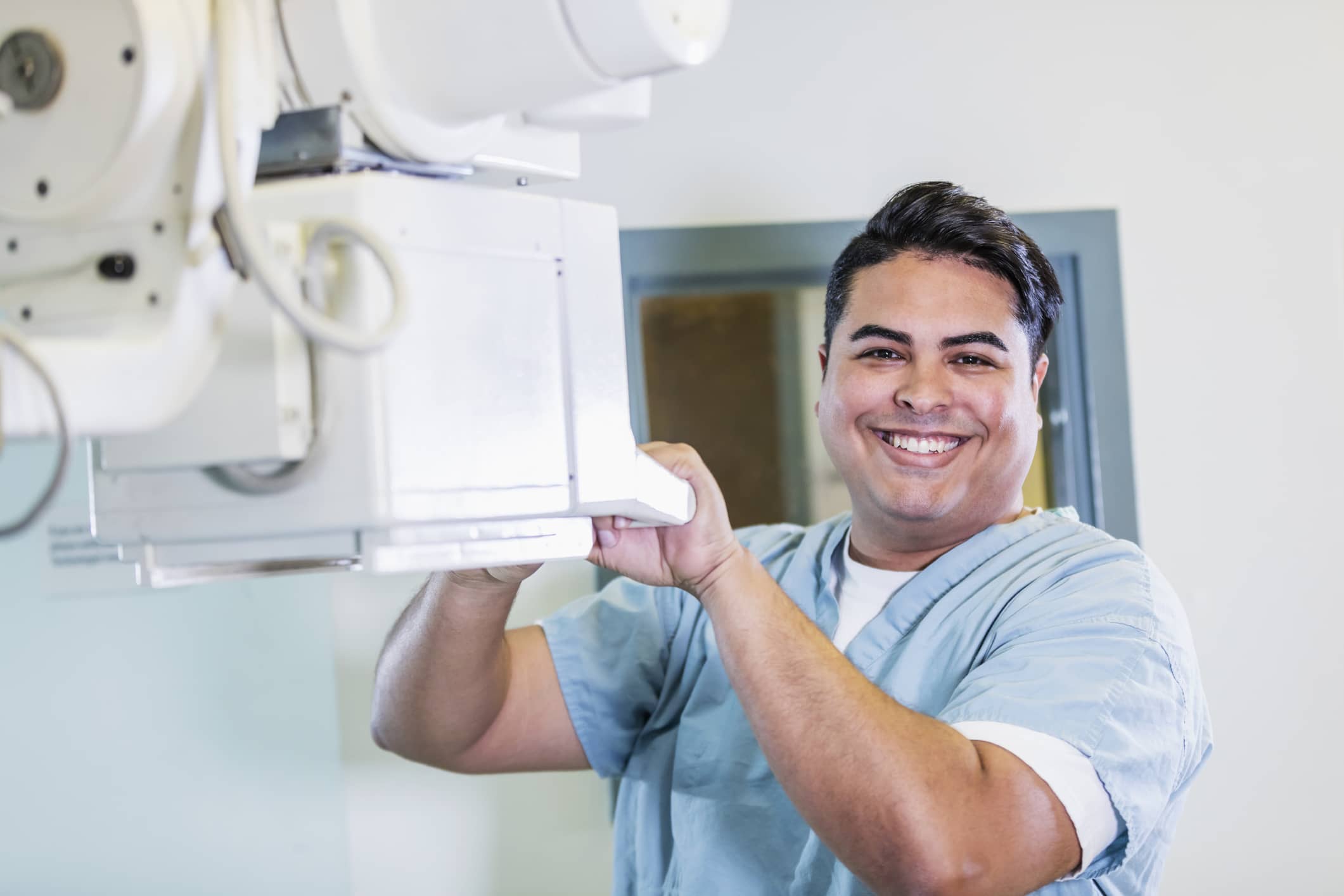
Adapting to New Work Environments: Travel Sonographer
9 Tips for Adjusting to New Hospitals and Clinics Effortlessly
Every traveling sonographer and clinical sonographer knows the excitement and challenge of adapting to new work environments. Whether you're moving between bustling hospitals or quaint clinics, quick adaptation is crucial.
This guide will equip you with practical tips to seamlessly transition into any new setting, ensuring you deliver top-notch patient care while building strong relationships with your new colleagues.
Why Adaptability is Key for Traveling Sonographers
In the dynamic and ever-evolving world of travel sonography, adaptability truly becomes your superpower. Each assignment presents a unique set of protocols, workflows, and team dynamics that require keen attention and flexibility.
Mastering the art of quick adjustment not only enhances your ability to fit seamlessly into various work environments but also makes your job both enjoyable and professionally rewarding.
By staying open to learning and embracing challenges as opportunities for growth, you can navigate new situations with ease and confidence. Here’s how to do it effortlessly, ensuring each experience contributes to your skills and career advancement.
1. Understand Your New Work Environment
Before starting at a new location, take time to understand the hospital or clinic's layout and workflow. Familiarize yourself with:
- Facility Layout: Know where essential departments and equipment are located.
- Protocols and Procedures: Review the institution's specific sonography protocols.
- Electronic Medical Records (EMR) Systems: Learn the EMR system in use to avoid delays in patient care.
2. Building Rapport with New Colleagues
Building a good rapport with colleagues can significantly enhance your experience and performance as a traveling sonographer. Here's how:
- Introduce Yourself Proactively: A friendly introduction goes a long way.
- Be a Team Player: Offer help and be willing to learn from others.
- Communicate Effectively: Clear communication fosters trust and collaboration.
3. Mastering New Protocols Quickly
Adjusting to new clinical protocols is critical. Here are steps to adapt swiftly:
- Attend Orientation Sessions: Participate actively to get a comprehensive overview.
- Ask Questions: Don't hesitate to clarify any doubts about procedures.
- Take Notes: Document key points for quick reference.
4. Leveraging Your Experience
Your diverse experiences as a travel sonographer are a valuable asset. Use them to:
- Offer Fresh Perspectives: Share best practices from previous assignments.
- Adapt Techniques: Modify proven techniques to fit new settings.
- Mentor Junior Staff: Your experience can be invaluable to less experienced colleagues.
5. Staying Organized on the Go
Maintaining organization is essential for efficiency. Consider these tips:
- Use Digital Tools: Utilize apps for scheduling and task management.
- Keep a Checklist: Maintain a checklist for daily tasks and patient care routines.
- Stay Prepared: Always have essential supplies and equipment ready.
![]() See AlsoMastering Travel Sonography Continuing Education
See AlsoMastering Travel Sonography Continuing Education
6. Continuous Learning and Adaptation
The field of sonography is constantly evolving. Stay ahead by:
- Pursuing Continuing Education: Enroll in courses to keep your skills updated.
- Networking: Connect with other healthcare professionals for insights and support.
- Staying Informed: Follow industry publications and updates.
7. Managing Stress and Work-Life Balance
Travel assignments can be stressful. Manage stress by:
- Setting Boundaries: Ensure a healthy work-life balance.
- Practicing Self-Care: Engage in activities that help you relax and recharge.
- Seeking Support: Don’t hesitate to talk to colleagues and supervisors if needed.
8. Building a Professional Network
A robust professional network can open doors to new opportunities and support. Build your network by:
- Participating in Professional Associations: Join organizations like the American Institute of Ultrasound in Medicine (AIUM).
- Attending Conferences and Workshops: These are great places to meet peers and industry leaders.
- Engaging on Social Media: Follow and interact with fellow sonographers on platforms like LinkedIn.
9. Setting Goals for Each Assignment
Setting clear, achievable goals for each assignment can enhance your professional growth. Focus on:
- Skill Development: Identify specific skills you want to improve.
- Professional Relationships: Aim to build lasting connections with colleagues.
- Patient Care: Strive to deliver exemplary care and improve patient outcomes.
Choose AMN Healthcare for Your Next Travel Sonographer Assignment
Success comes from understanding the environment, building rapport, mastering protocols, and leveraging experience. Continual learning, communication, organization, and a positive attitude are vital.
At AMN Healthcare, we offer robust career support, resources, and opportunities for traveling sonographers looking for their next adventure. By joining our incredible community of allied clinicians, you can connect with like-minded professionals and access exclusive job opportunities.
Ready to explore new horizons and advance your career as a traveling sonographer? Discover how AMN Healthcare can support your growth and help you find your next travel job today.




